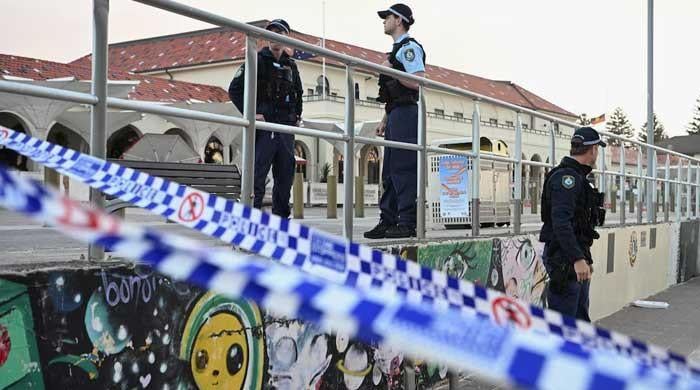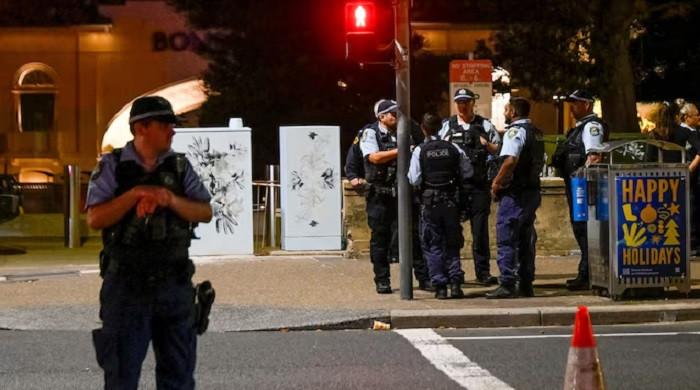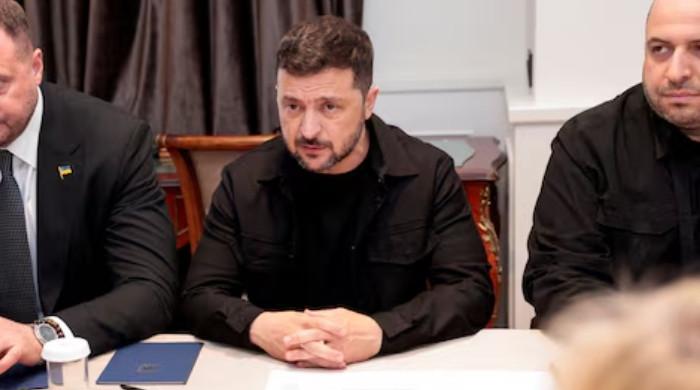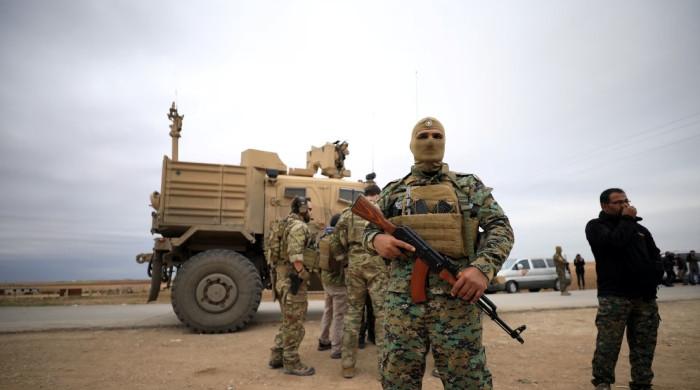US warns India of ‘significant and long-term’ consequences if it aligns with Russia
President Joe Biden’s top economic adviser says US is "disappointed" with some of Modi's moves on Ukraine
April 07, 2022
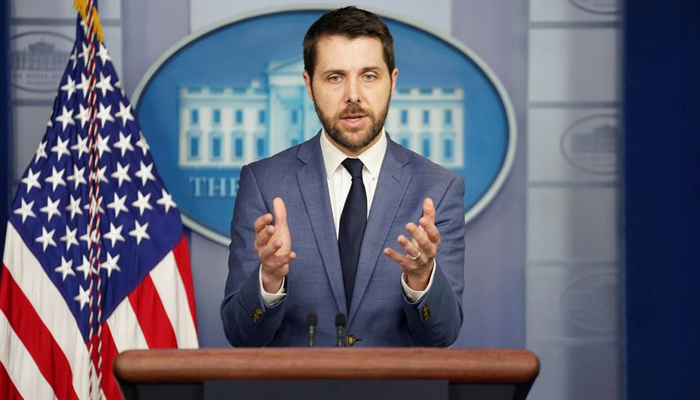
- President Joe Biden’s top economic adviser says US is "disappointed" with some of Modi's moves on Ukraine.
- "There are areas where we are disappointed by China and India’s decisions, in [the] context of invasion," Brian Deese says.
- In addition to seeking Russian oil, India is the world’s largest buyer of Russian weapons.
The United States has warned India of "significant and long-term" consequences if the latter aligns itself with Russia, as US officials expressed “disappointment” with some of New Delhi’s reactions to the Ukraine invasion, Bloomberg reported Wednesday, citing President Joe Biden’s top economic adviser.
Director of the White House National Economic Council, Brian Deese, said: “There are certainly areas where we have been disappointed by both China and India’s decisions, in the context of the [Ukraine] invasion.”
He informed reporters that the US has told India that the consequences of a “more explicit strategic alignment” with Moscow would be “significant and long-term.”
Deese’s comments come after Deputy National Security Adviser Daleep Singh travelled to India last week for meetings with officials.
Read more: Ukraine accuses Russia of civilian 'massacre'; Russia denies this
While the US, Europe, Australia and Japan have piled economic sanctions onto Russia in response to its war against Ukraine, India has declined and instead has sought to continue imports of Russian oil.
New Delhi’s reaction to the invasion is complicating its relationship with Washington, where India is regarded as an important partner in countering Chinese influence in Asia.
“What Daleep did make clear to his counterparts during this visit was that we don’t believe it’s in India’s interest to accelerate or increase imports of Russian energy and other commodities,” Press Secretary Jen Psaki said earlier this week.
India’s Ministry of External Affairs didn’t respond to a message sent by the publication seeking comment.
Read more: Russia's Lavrov lobbies India after Western emissaries make case for sanctions
Meanwhile, a day earlier, India’s Foreign Minister Subrahmanyam Jaishankar Wednesday again underlined the importance of New Delhi’s ties with Moscow.
Russia is an “important partner in a variety of areas,” the minister told the Parliament. “Like all other countries, we too are assessing the implications of Russia’s war in Ukraine and deciding what is best for our national interest.”
A US official, on the condition of anonymity, briefed the reporters that the US and the rest of the Group of Seven nations (G7) will continue to collaborate with India and hope that they can align efforts to the greatest extent possible.
Read more: West pledges to punish Russia over civilian killings in Bucha
In addition to seeking Russian oil, India is the world’s largest buyer of Russian weapons. Indian Prime Minister Narendra Modi has resisted entreaties from the US and Australia to scale back the relationship, insisting that India needs Russian weapons to counter both Pakistan and China and that alternatives are too expensive, according to people familiar with the matter.





